|
Advertisement
|
El Tablero de Jesus
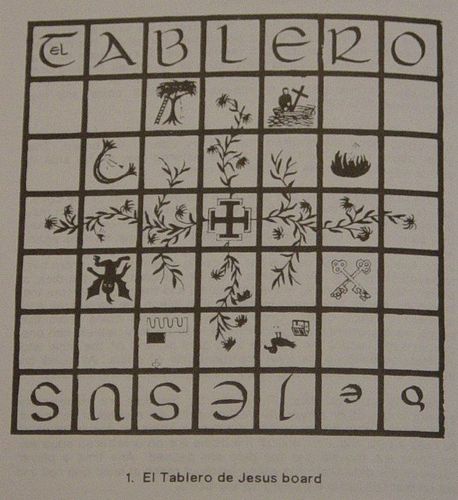
DescriptionEl Tablero de Jesus (pronounced 'Heh-soose') is a simple gambling game played on a 7×7 board with a pair of standard dice. Originally presented to the SCA (recreational medievalist) as a historic game from the 15th century, further research has found this to be a hoax. No evidence shows the game to have existed before 1971. The game briefly fell out of favor in the late 1990's, but was popularized once again by a notorious hosting camp at the Pennsic war in 2006. Players each roll two dice, with the high roller choosing who goes first. The first player places a single coin in the center of the board, and both players place coins in the three left-most columns of their back row. The first player then rolls both dice and moves any two coins up or down a column the exact number rolled. When a player gets two or more coins in adjacent columns on the same row (other then either home row) he may choose to take those coins and end his turn or continue rolling. If he takes the coins, then his opponent fills in the now empty columns with new coins on his home row and starts his turn. At any point if a player rolls 7, 11 or 12 their turn is over and the dice pass to their opponent. Also if you roll a pair of numbers that can not be moved (roll a 6 and none of the coins are in a home row) your turn is over. If at the start of your turn there are adjacent coins on the board, you may take them and pass the dice back. The game ends when one player is out of money (or is no longer willing to lose more). The game is most often played with alcohol instead of coins (if it ever was played with coins) -- filling shot glasses with beer or wine and moving those about instead. This can shorten the game, since the "currency" being exchanged is consumed as it is won. It can also balance the game, since the better one plays, the drunker he/she gets from drinking his opponent's brew, self-imposing a handicap. In this version of the game, "Tablero" may be declared only when there are 6-7 shot glasses lined up horizontally, or 7 lined up diagonally, and the player who lined them up MUST consume at least half of the shots so claimed. The balance may be assigned to their opponent, themself, or anyone at the table of legal drinking age. Many SCA-events run Tablero tournaments, in which there is usually a table limit of 2 beers (or 24-oz) set to keep the tournament moving (and the participants capable of competing). In the drinking version of the game, there is the addition of the Queen's number. A lady at the table rolls two dice and this number becomes the Queen's number for that game. Upon rolling the Queen's number, the player who rolled it should take a shot glass from the board, raise a toast to the Queen, and then put the shot glass back on their opponent's fill line (the back row). If the player who rolls the Queen's number fails to make such a toast, his opponent may declare "Treason to the Queen", take a shot from the board, drink it, and then require his opponent to fill it on HIS fill line. The player who rolled the Queen's number then retains the dice and play continues (unless the Queen's number is a passing number, ie: 7,11, or 12) Honest Mistakes- If a player makes a mistake, any mistake, in the moving of the shot glasses, in the handling of their stake of beer, etc, their opponent can point out that they made an "honest mistake", describe the nature of that mistake, and then be rewarded with a shot from the table and control of the dice. If they FAIL to notice their opponent's "honest mistake", once the dice are rolled again the mistake becomes part of the on going game, all wrongs are forgiven, and no amount of complaining later on can reverse it NO MATTER WHAT THE MISTAKE WAS. It is prudent to pay close attention to your opponent throughout the game, because "honest mistakes" happen. If you are caught making an honest mistake, you are obliged to acknowledge the truth and suffer the consequences. In all versions of the game, house rules are as rampant and as varied as can be, as no "definitive" rule set exists for the game. When playing, make sure to agree to a rule set with your opponent beforehand. In ALL versions of the game, leaving the table to go to the bathroom or ANY instances of vomiting are grounds for disqualification. Players should only play as many games as their biology can actually stand Game DiscussionsAdd CommentYou need to be logged in to comment. Insert Bullet List Please enter at least one item. Item: Item: Item: Item: Item: Insert Numeric List Please enter at least one item. Item: Item: Item: Item: Item: Insert Link Please enter the link of the website Optionally you can add display text Insert Email Please enter the email address Optionally add any display text Insert Image Please enter the link of the image Insert YouTube Video Please enter the link of the video MarketplaceNo listings at the moment. Do you own this game? Click here to list it for sale.
|
Best Sellers
Board Games
|
||||
Latest Searches: skittle poker | futarama | West Bank monoply | Take+and+give | scott walker | age of empires`) | Uniforms | war europe | nacogdoches opoly | forest | ho | oakdale monopoly | Cribbage board game | java | The Resistance Hidden Agenda | snap | monopoly guardians | tablut | Invention | Brandi+dogs | Monopoly tennessee | solid color marbles | toy story monopoly | bumblebee transformers | London | operation skill game parts | Vintage collection | Picterika | Tayu | Tralor park boys monopoly
All Rights Reserved

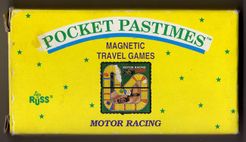
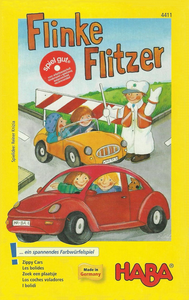
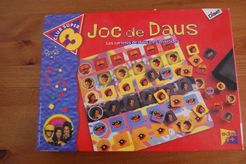

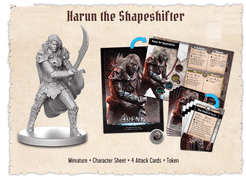
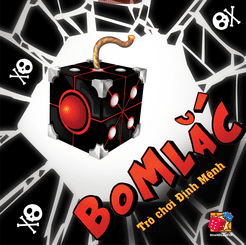
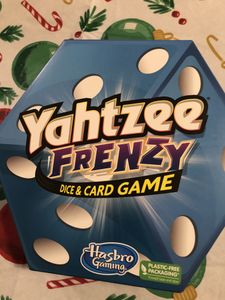
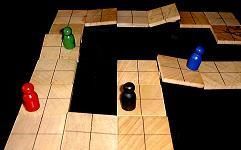
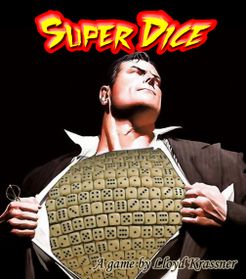
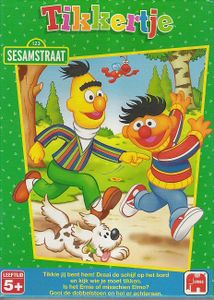
Comments (0)